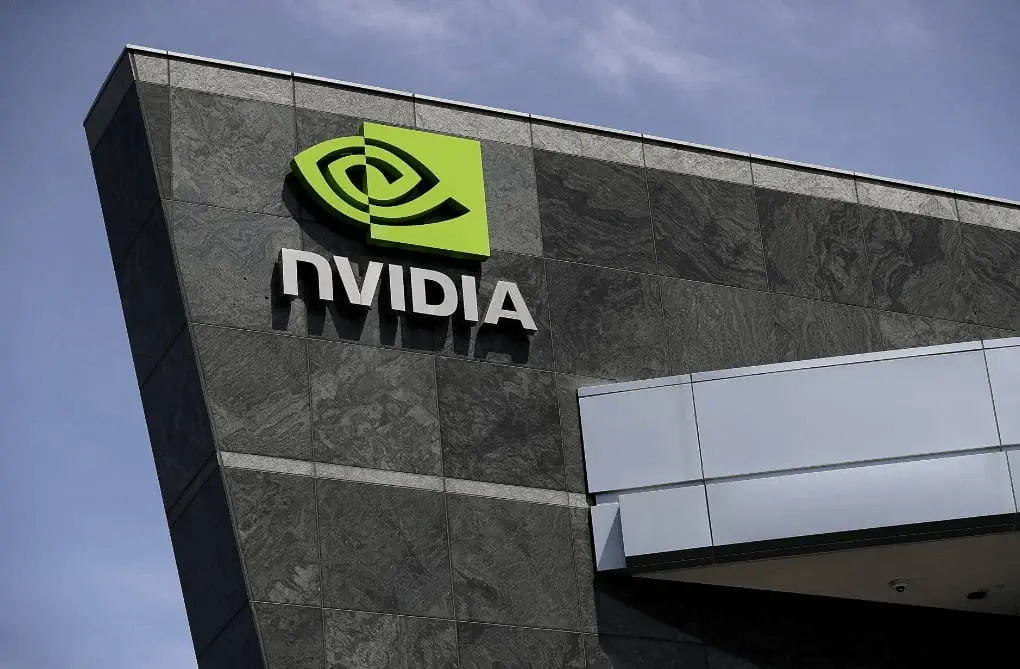Nvidia’s Strategic Move in China Amid U.S. Export Restrictions
Nvidia, a prominent player in the tech industry, is strategically maneuvering in China by unveiling two new AI chips despite the challenges posed by U.S. export restrictions. Jensen Huang, the CEO of Nvidia, recently disclosed that these chips are now available for testing by selected customers. This move signifies Nvidia’s commitment to maintaining its foothold in the Chinese market amidst the intricate web of international trade laws.
New Chips Tailored to Comply with Regulations
While Huang’s announcement did not delve into the specifics of the chips or the identity of the testers, there are speculations surrounding Nvidia’s plans. Insights from sources like the SemiAnalysis newsletter suggest that Nvidia is gearing up to launch three chips – H20, L20, and L2 – tailored specifically for the Chinese market. These chips are said to incorporate Nvidia’s cutting-edge technology while being adjusted to adhere to the new U.S. regulations.
Challenges Faced by Nvidia in China
Nvidia has encountered challenges in the Chinese market recently, primarily due to the U.S. government’s tightened export controls. These regulatory changes have had a significant impact on Nvidia’s sales in China, once a lucrative source of revenue for the company. The implementation of these measures has led to a noticeable decline in earnings from the region.
Forward Momentum Despite Setbacks
Despite the obstacles, Nvidia is forging ahead with its strategic initiatives. The company has opened pre-orders for the H20 chip, positioning it as a formidable competitor against industry players like Huawei. However, there have been obstacles along the way, with delays arising from difficulties faced by server manufacturers in integrating the chip into their systems.
Nvidia’s proactive approach in introducing new AI chips tailored for the Chinese market showcases its resilience in the face of challenging circumstances. By adapting to regulatory changes and addressing market demands, Nvidia is poised to maintain its competitive edge in China’s tech landscape.


Leave a Reply